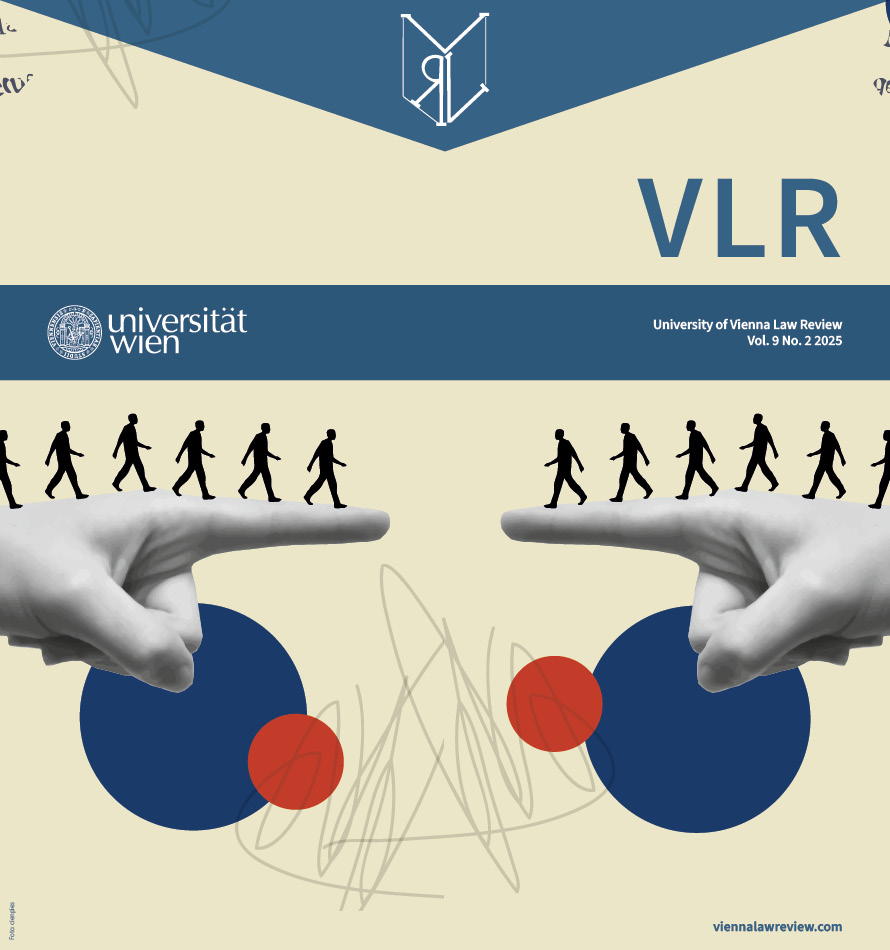The Concept of Sovereignty Through Space and Time
Cases of Russia and China
DOI:
https://doi.org/10.25365/vlr-2025-9-2-89Keywords:
sovereignty, concept deconstruction, Russia, ChinaAbstract
The concept of sovereignty symbolizes the critical point of contention between legal norms and political dynamics. This article deconstructs this concept throughout the history of its evolution in three distinct cultures: first in Europe, as the birthplace of the original conceptualization of sovereignty, and then in Russia and China, as countries that transplanted the concept and adapted it to their local political philosophies. The study shows that the trajectories of the concept evolution in Russia and China are becoming increasingly divergent from the European line of development that aims at limiting state sovereignty.
Currently, the concept of sovereignty, interpreted through the absolutist lens, serves Russia and China as an ideal instrument for promoting the conception of the independent coexistence of civilization-states, legal relativism, and the supremacy of local cultural values over liberally formulated legal norms and alleged Western dominance. It is suggested that as long as the sovereignty concept persists in shaping the international order, attempts to curtail or restrict it are likely to be rebuffed by those nations for whom the status quo is optimal. This phenomenon is especially evident in contexts where Westernization is perceived as a potential threat to the “sovereign equality” of nations.
Downloads
Published
Issue
Section
License
Copyright (c) 2025 Ksenia Radchenkova

This work is licensed under a Creative Commons Attribution-NonCommercial-NoDerivatives 4.0 International License.
All articles are licensed under the Creative Commons License CC BY-NC-ND. A summary of the license terms can be found on the following page:
https://creativecommons.org/licenses/by-nc-nd/4.0/
Authors retain copyright without restrictions.


